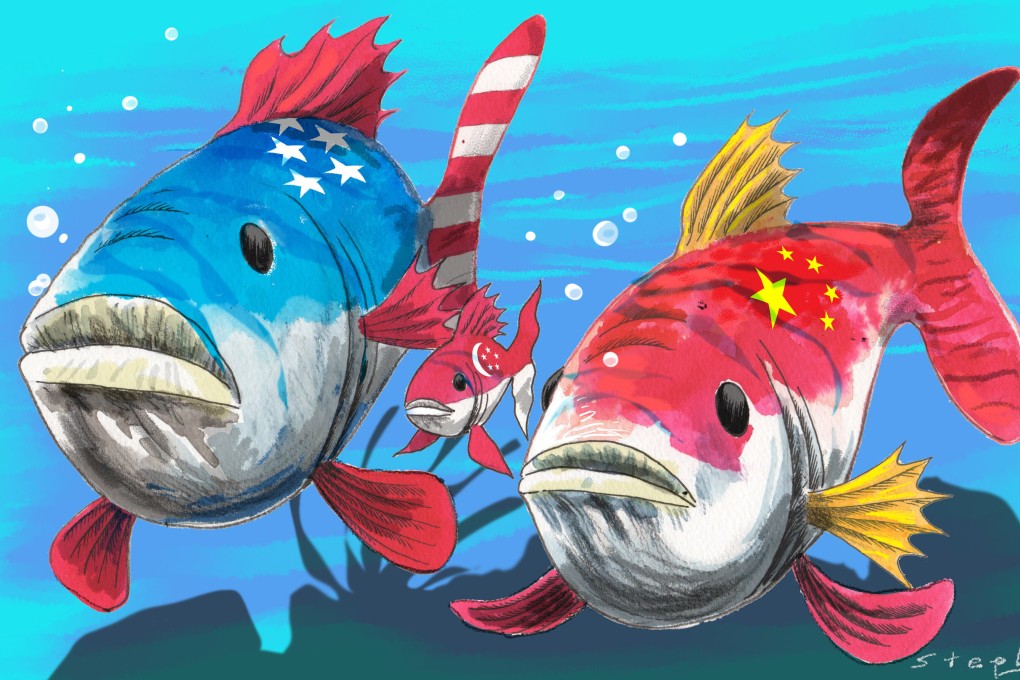Opinion | How ‘poisonous shrimp’ Singapore became the US’ undeclared ally in Asia
- The city state has deftly fortified strategic ties with the West while remaining a trusted interlocutor to and top investor in China
- Although it was overlooked for the US’ upcoming democracy summit, Singapore remains America’s most reliable strategic partner in Southeast Asia

But what is often overlooked about Singapore is its quiet yet steady emergence as America’s most reliable strategic partner in Southeast Asia. Remarkably, the city state has fortified strategic ties with the West while remaining a trusted interlocutor to and top investor in China, underscoring Singapore’s diplomatic finesse.
Following Singapore’s expulsion from the Malayan federation, the country’s founding fathers adopted a distinct strategic doctrine. It was anchored in two key tenets – the importance of pragmatism in dealing with larger neighbours as well as the recognition of existential vulnerability to external threats.

The upshot of this strategic doctrine, which was institutionalised by Lee and his foreign minister Sinnathamby Rajaratnam, was a sophisticated, non-aligned foreign policy. As Lee declared in the thick of the Cold War, “We are non-aligned if we are asked to choose between competing power blocs.”

